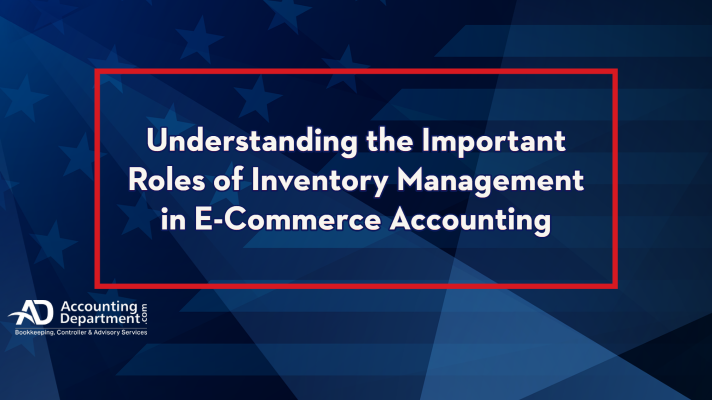In light of the recent Spring Budget announcement, the Chancellor presented his proposals to reduce inflation by 50%, boost economic growth, and reduce debt. Despite the persistent challenges facing our economy, there is a growing inclination towards implementing digital reforms.
Once more, the current economic climate poses a significant challenge for presenting a Budget. Nevertheless, considering the impact of technology on how we conduct business and engage with the world, digital transformation will be indispensable to facilitate tax and Budget adjustments.
So, what does the roadmap look like for a digital economy in the upcoming years, specifically for enterprises and accountants?
The growing need for technology
The Spring Budget emphasised the significance of a digitalised future, stressing the necessity of technology and the prospects to expedite its advancement, while promoting investment and more intelligent regulation in the UK. Notably, alterations to the tax relief on research and development (R&D) were a crucial element of the Budget. Starting from April 2023, the rate of R&D payable tax credit will be reduced from 14.5% to 10%, which will adversely affect companies that are operating at a loss and rely on the tax credit to finance their research activities.
The Chancellor has introduced a new cost threshold to strive towards. If a small or medium-sized business allocates 40% or more of its total expenses towards qualifying R&D costs, the company will be designated as ‘R&D intensive,’ and the payable tax credit will remain at 14.5%.
The statements made show that the government is making significant strides towards a digitalised future. To keep up with these changes, businesses and accountants can employ digital transformation to facilitate the transition. Furthermore, technology brings about efficiency, and it’s inevitable that tax will eventually shift to a digital default. As for the tax process, technology will simplify and expedite the filing of tax returns for taxpayers and the processing of such returns for tax authorities. The future of tax and business operations will undoubtedly require continued reliance on technology.
Navigating the changes in a digital economy
The shift towards a digital economy is already in progress, evident in the increasing adoption of digital banking and ecommerce in our daily lives. The recent Budget also indicates a growing interest in crypto assets, with HMRC acknowledging the significant number of people engaging in transactions with these assets.
As a result, changes will be made to the Self Assessment tax return forms for the 2024-25 tax year, requiring separate identification of amounts related to crypto assets. With HMRC demonstrating increased activity in this area, it is wise to remain vigilant for clients involved in crypto trading or investment.
Recently, there has been a growing emphasis on digitalisation and modernisation of tax services. HMRC is set to further encourage the use of its digital services, with a greater shift towards digital by default. As a result, there will be a greater emphasis on simplification and streamlining of processes, with a push towards making them more seamless and user-friendly in the coming years. This increased efficiency will provide improved access to information and services, leading to enhanced communication and collaboration for clients and businesses. Furthermore, this could potentially drive the emergence of new business models and revenue streams, ultimately transforming the tax process.
Technology can play a vital role in enhancing communication and data sharing between tax authorities and taxpayers. The use of electronic records and filings can enable secure sharing of information, minimising the need for manual processes and paper-based documentation. This not only improves efficiency but also enhances the accuracy of tax reporting, reducing the chances of errors or discrepancies in tax filings. Ultimately, this can help identify potential errors or discrepancies in tax filings, improving the overall effectiveness of the tax system.
How simplification will bring about a range of benefits
The recent Budget highlighted the government’s focus on simplifying tax processes, with a specific focus on providing SMBs with simplified guidance and digital tools to ensure easy accessibility. HMRC is set to offer simplified tax and finance guidelines for SMBs, with the aid of technology, to streamline the process and improve overall compliance.
One of the areas of consultation is expanding the cash basis – a simplified method for sole traders to calculate and pay their income tax. Technology can simplify tax compliance for taxpayers, increasing overall understanding of the process. The use of online filing and payment systems, digital records, and electronic receipts can also reduce the burden of tax compliance. Additionally, modern technologies such as automation, data analytics, and artificial intelligence can enhance tax compliance processes, leading to reduced time and resource requirements.
Furthermore, the adoption of digital transformation will not only benefit individuals and businesses but also the government as a whole, by generating cost savings. This shift can lead to a reduction in the cost of tax administration for both taxpayers and tax authorities. For instance, the use of online filing and payment systems can minimise the need for paper-based forms and manual processing. Moreover, data analytics can identify areas where resources can be optimised, leading to more efficient use of resources and reduced costs for all parties involved.
The bottom line
It is evident that the government has initiated changes to facilitate the shift towards a digital economy. Technology will play a crucial role in establishing a tax system that is more efficient, accurate, and transparent, ultimately reducing the burden on taxpayers and facilitating effective revenue collection for tax authorities. As a result, we can anticipate a consistent adoption of digital transformation in future government Budgets, as the benefits of this transition become increasingly apparent.
By Paul Lodder, VP of Accounting Product Strategy at Dext
Dext will be exhibiting at Accountex London on the 10-11 of May 2023. Find them on stand 1090!




